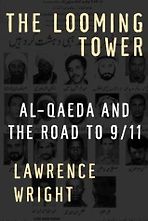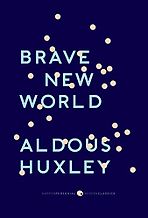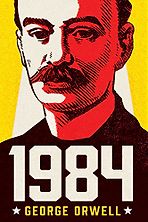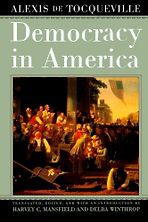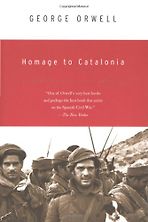Recommendations from our site
“His novels are beautiful and every one of them is a humanist work of genius, emphasising the connections between people and what holds us together, relationships, the possibility of human contact. You have that famous phrase from Howards End ‘only connect’ that resounds down the ages. He is a good example of a humanist writer in his novels, for all those reasons. But he wrote his novels quite early in his life. I don’t think he wrote another one after the age of 45 and he lived to 90. They were over quite quickly, and he spent the rest of his life as a public intellectual. He’s similar, in that sense, to Bertrand Russell. E M Forster and Bertrand Russell were both patrons of the Humanist Association. They said, at the time, that if Bertrand Russell was the head of humanism, then E M Forster was the heart. And I think that that’s quite true. The essays in Two Cheers for Democracy span a period of about twenty years—through the 30s and the 40s—and they’re incredibly humane. He touches on the prejudices of the day, the emerging totalitarianisms, and he has a wonderful essay on anti-Semitism. Very gently and with a novelist’s skill, he lays bare how stupid anti-Semitism it is—how baseless and groundless and foolish…the context in which he writes these essays, in the 1930s, is eerily similar to the context in which we find ourselves today, unfortunately. Not to be hysterical about it, but a lot of the geopolitical factors are very similar. The crisis of liberal democracy that we’re living through is the same as the crisis of liberal democracy of the 1930s.” Read more...
Andrew Copson, Nonprofit Leaders & Activist




